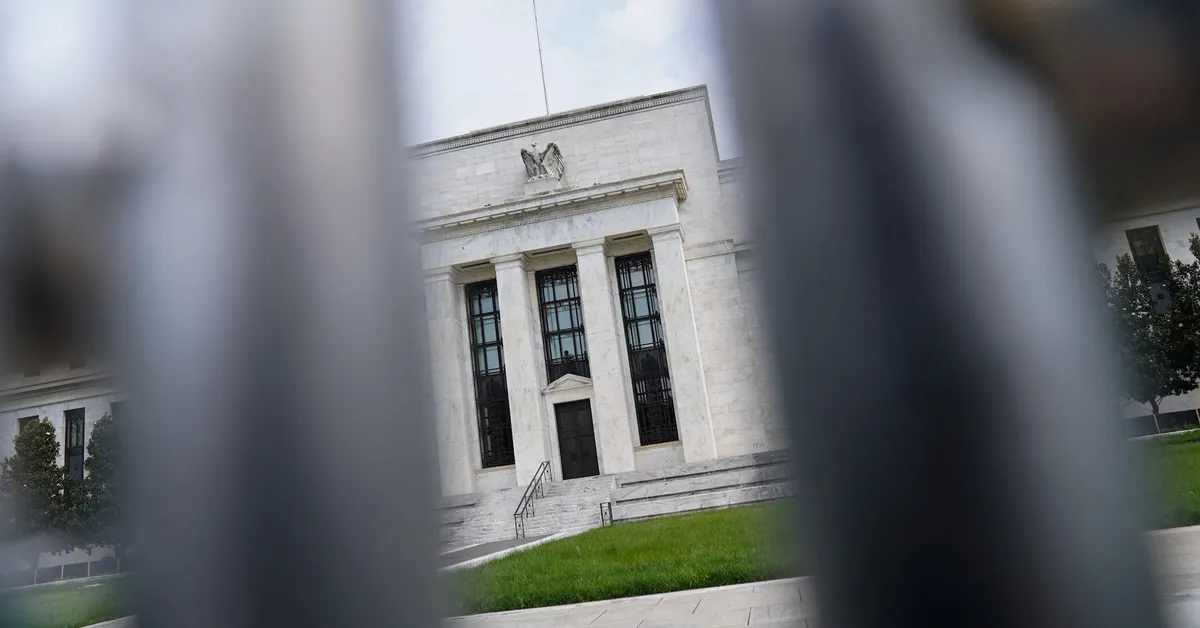
On March 30, 2023, Goldman Sachs released a forecast indicating that the U.S. Federal Reserve is likely to implement three quarter-point interest rate cuts this year. The brokerage's analysis suggests that heightened recession risks are looming, particularly due to uncertainties surrounding tariff policies ahead of President Donald Trump's forthcoming reciprocal tariff announcement. This shift in expectations marks a change from previous projections that anticipated two rate cuts in June and December.
Goldman Sachs now envisions that the Federal Reserve will enact consecutive interest rate cuts in July, September, and November. This adjustment reflects a growing concern about the potential economic impact of tariff increases, which the brokerage forecasts could rise by 15 percentage points. Initially considered a worst-case scenario, this development appears increasingly plausible as the Trump administration prepares to unveil its tariff plan.
In its latest report, Goldman Sachs raised its estimate of the 12-month recession probability to 35%, a significant increase from the previous estimate of 20%. This adjustment underscores the brokerage's belief that the economic risks associated with the impending tariffs are greater than many market participants have previously recognized. Recent comments from White House officials suggest a willingness to tolerate short-term economic weakness in pursuit of long-term policy objectives.
As of March, the Federal Reserve maintained its benchmark interest rate in the range of 4.25-4.50%. Fed Chair Jerome Powell highlighted the unusually elevated uncertainty and challenges that have arisen in economic projections due to recent policy changes initiated by the Trump administration. The decision reflects a cautious approach as the Fed navigates through turbulent economic waters.
Recent economic data revealed that the Personal Consumption Expenditures (PCE) price index, the Fed's preferred inflation gauge, increased by 0.3% in February, following a similar rise in January. In light of these developments, Goldman Sachs has also revised its fourth-quarter Gross Domestic Product (GDP) growth forecast down to 1.0% and raised its year-end unemployment rate projection to 4.5%. The brokerage continues to emphasize that the risks associated with tariffs slated for April 2 are more significant than many in the market have assumed.
Reporting by Joel Jose in Bengaluru; Editing by Rashmi Aich